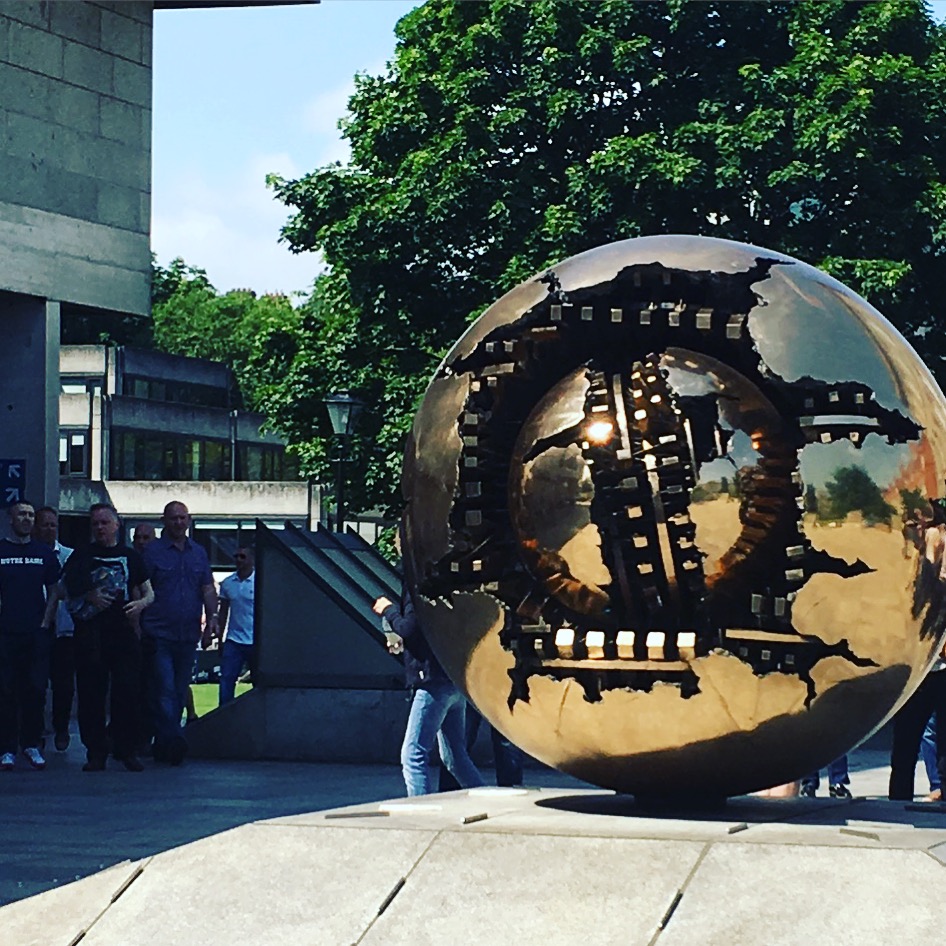
Research
Explore research areas by clicking on the drop-down menu.
Discourse in Transition: Ethics and Human Rights
Communitarianism within human rights discourse has particular relevance in post-conflict contexts. This research analyses the consequent dimensions and tensions.
Researcher: Linda Hogan
Nonviolence in Political Theory
Non-violence in transition is addressed in this work through a broader study of the links between ethics and politics of nonviolent political action and Western political theory. It discusses issues such as civil disobedience, the legitimacy of the state, the nature of political power, and pacifism and international relations.
Researcher: Iain Atack
Towards Integrated Approaches to Peacebuilding
This research analyses the interplay of theological, ethical, psychological and ecclesiological perspectives on contributions to intercultural division, enmity and violence. This includes an investigation of the dynamics of loss, mourning, and reconciliation in post-conflict transition and an assessment of the self-critical and expressive role of the churches in moving beyond sectarianism and embodying peace. It also considers the process of inspiring hope and social trust within pluralist contexts and the re-imagination of an ecumenical theology of peace in Northern Ireland and beyond.
Researcher: Geraldine Smyth
Comparative Research on Peace Processes
The aim of this research project is to assess and compare the impact of peacebuilding activities in peace processes, including Ireland and Korea, to identify fragile and durable conditions of the peace processes, and to increase understanding about how to create a viable peacebuilding strategy in the context of a protracted conflict.
Principal Investigator: Dr Dong Jin Kim
Visioning Ecumenism for the 21st Century: Diversity, Dialogue and Reconciliation (2008-2011)
This three-year project was funded by the Irish Research Council. The project evaluated the contributions of ecumenism in Ireland and globally, and identified key areas in which ecumenics contributes to conversations about theological and cultural diversity, immigration, inter-faith dialogue and reconciliation. The project has resulted in numerous publications and online learning resources. It also provided the basis for a major international conference to mark the centenary of the 1910 Edinburgh Missionary Conference. Associate Researchers included: Professor Gladys Ganiel, Professor Andrew Pierce, Professor Geraldine Smyth, Professor David Tombs and Professor John D'Arcy May. More than 40 publications were produced by associated researchers during the project time.
Principal Investigator: Professor Linda Hogan
Modernity and Modernism: Interpreting the Roots of Religious Crisis (2008-2009)
In 1907, Pius X condemned 'modernism,' imposing theological 'integralism' and a restrictive discipline which remained in force until Vatican II (1962-65). After a century, the construction of modernism and anti-modernism merit evaluation. Modernism occurred within a modernity the value of which is debated. The aim of the project was to situate debates from the early twentieth century in the context of current theological contendings with modernity, thus contributing to debate within modernist studies, and to the theological reception of modernity's past. The project was funded by Government of Ireland Senior Research Fellowships in the Humanities and Social Sciences.
Principal investigator: Dr Andrew Pierce
Towards Theological Engagement with Religious Fundamentalism (2007-2008)
Resurgent religiosity has attracted widespread attention from social and political scientists, but not - in any significant way - from those engaged in Christian systematic theology. As a preparation for an in-depth study of fundamentalism's theological significance, this project involved a scoping study of the field, culminating in an international consultation in Dublin to make available the initial results. The project was funded by St Stephen Green Trust and the Irish School of Ecumenics Trust.
Principal investigator: Dr Andrew Pierce

